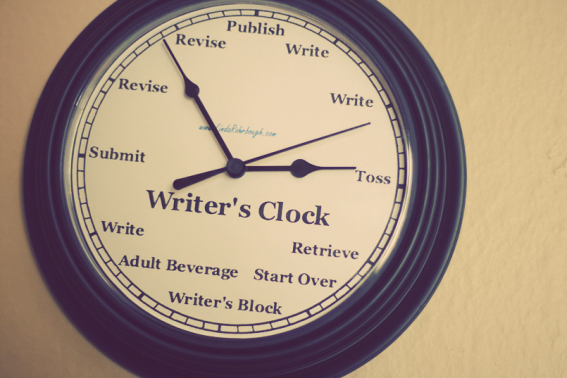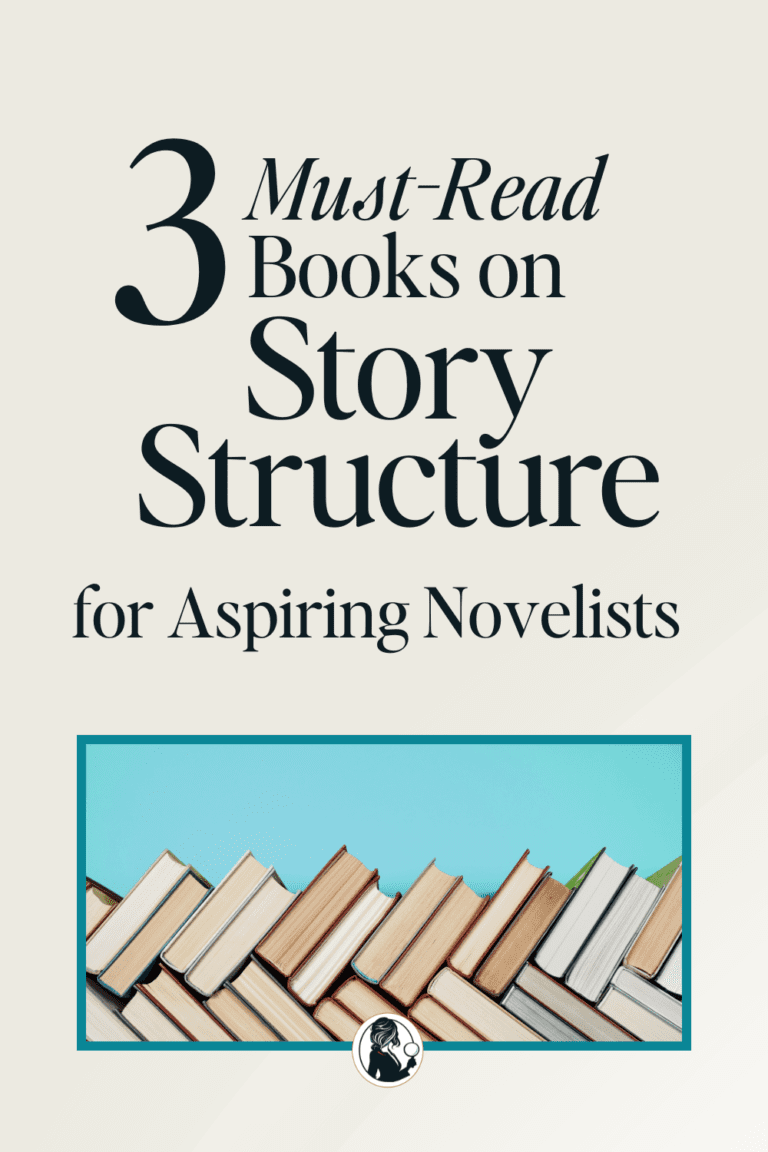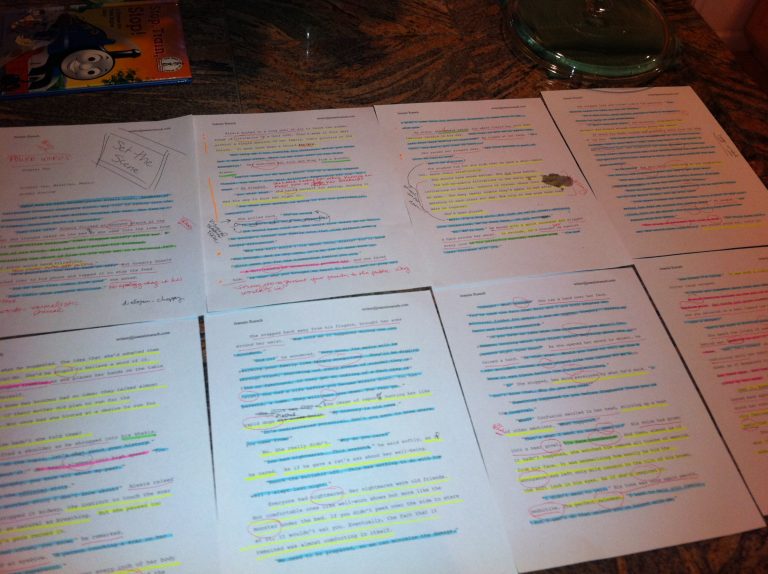Writing, Your Timeline of Success and Trade-offs
A while back, author Allison Brennan wrote a post called “Volume” on her Murder She Writes blog. For me, it was a timely thing — because it hit home.
Allison talks about how much an author writes per year, how fast they can get a book out and how that compares to other authors. Comparison is a slippery slope, and it’s one you’re guaranteed to get more than a few bruises if you let yourself go down it. It’s also impossible not to compare your path to someone else’s, your choices to another writer’s, and your success to that of your peers: the writers you admire and the ones you knew when they were just starting out.
Writing is a solitary business at times —and the introvert in me appreciates that. As an introvert, I derive my energy from my time alone. So writing can be not only fulfilling, but it can fill me with drive, with purpose and with the desire to keep writing. That, however, doesn’t seem to change the pace of my progress — how I write, how I think, how often I put all of that together into forming a final, ready for publication book.
Besides the usual suspects of life — day job, family, etc — I’m a slow writer. Although, I’ve had to test that theory in the recent months with a goal of 7600 words per week. (Which, who knows, is probably still slow to some.) My next book (and last one in the Willoughby Family series!) is due to my editor in November, so I’m on the final countdown of finishing the draft. It’s going quite well, too. So we can say that I have surprised myself with what I was capable of finishing. And I found it’s doable because I arranged it into my life in a way that works. When I read a lot of posts suggesting what an author should do — get up early, stay up late, write on a treadmill, have a closed door to your office, write while doing a headstand, have a cat on your lap… there are a million ways writing well works for different people. And that, right there, is the point.
Different. People.
Even if we do like the same TV shows and have a mutual love of popcorn (really, who doesn’t?), we’re still different. What works for one doesn’t always work for someone else, and that goes with how to find a successful writing pattern, too. What I’ve done? With my goal of 7600 words per week, I devote Sundays to writing. I leave my house, go to Panera or Starbucks or Applebees (they have power outlets in the bar, who knew!), and I sit there for 6 to 7 hours and write. That time is MY time – it’s golden. I love it, and as my hubby says when I come home, I’m full of smiles and charged with energy. It’s good for me to do that and it’s become part of my routine. But I also look at Sunday as the “last” day of my week – so up until then, from Monday to Saturday, I will add in time at night, after the family has gone to bed, and write a little here or there. Sometimes that little is 250 words. Other times, like two nights ago, it’s 1500 words. Sometimes, it’s editing and going back and fixing a few things.
And sometimes, it’s staring off into space while I ponder a pesky plot problem. Or try to work past my own inner walls of protection to dig down to the nitty gritty core emotions that I need to connect with in order to truly connect to my characters.
And sometimes, it’s let’s those characters have conversations with each other in my head.
It’s all writing. It’s all part of the process. And how long it takes me to manage that process is based on what I want from life. It’s a choice. A decision.
It doesn’t happen to me. It happens because of me.
I choose to let the writing run its course through the week, knowing that’s when I work full time, we have school, other commitments and I need to do my best to keep my priorities in line. I am not one of those women who can work 16 hours days, day after day, until I crash. If I do that, I get sick. And before that, I get really grumpy.
But beyond the “can’t” — I don’t want to work 14-16 hours a day.
That’s right, I said it.
I want to work in the full-time job that I love, I want to have my time with my family and not spend every single night feeling like I’m already behind because I’m not tacking on 6 more hours to my day. I’ve done that before, and my life now is infinitely better because I don’t do that.
I want to not be exhausted when I first wake up in the morning. I want to enjoy every minute of the things I love to do.
That isn’t to say there’s anything wrong with 14-16 hours days. Do not take this post to mean that. It works for those who it works for, and I admire the hell out of the people who do it. I admire their tenacity. Their success. Their grit.
In order to do that, to work 14-16 hour days, there are trade-offs. It’s a constant measuring game, and this is the crux of what every writer needs to decide for themselves. What are your trade-offs?
If I don’t put in the 14-16 hours, I won’t put out as many books as quickly. I won’t be putting out 5 books a year, I’ll likely put out one.
My goalposts for success will take longer to hit.
But choosing this allows me to put focus on different priorities elsewhere in my life. Ones that are worthy of that focus.
It doesn’t mean I’m not a writer. It doesn’t mean I don’t wake up every day as a writer and go to bed every night as a writer (and often thinking about my stories.)
Right now, this is my pathway, and it’s one that makes me happy. Writing makes me happy. And I want to continue to put out books as long as someone wants to read them. (Well, and likely beyond that because writing is just in my blood.)
So the point of this very long post is that you have to decide what your trade-offs are right now. In this minute, this week, this month. And give yourself permission to do that. Accept that. Understand what it means for your pathway, and that you are making a choice. Those trade-offs, those other aspects of your life that you select to make a priority deserve that status. It’s okay. It doesn’t make you any less of a writer.
Just ask the characters hanging out in your head. They know.






